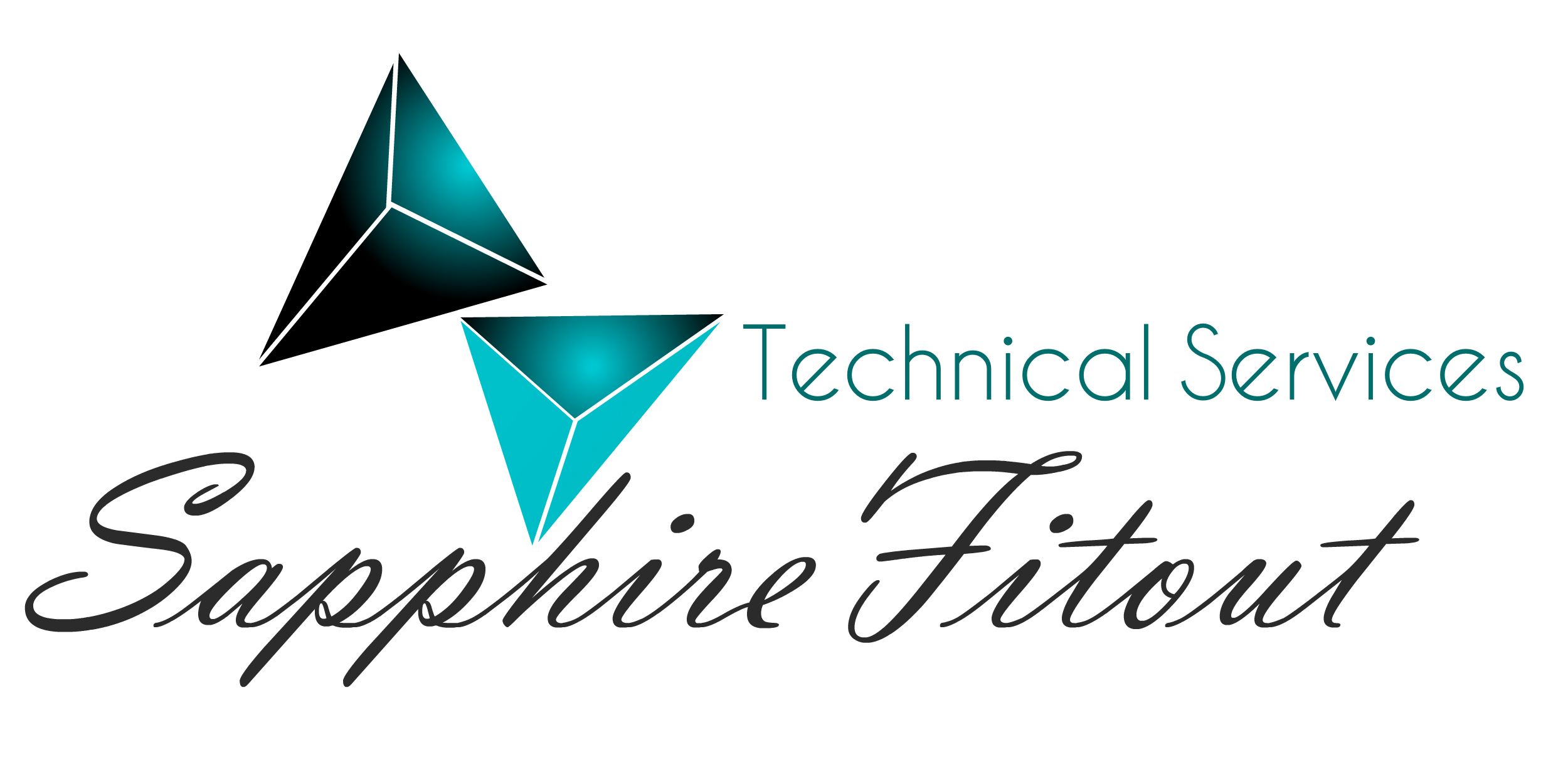Cloud computing can bring numerous advantages, including improved efficiency reduced costs, and better performance. There are a myriad of other benefits that businesses overlook which include streamlined business processes and better collaboration as well as flexible working schedules.
Cloud computing’s foundational infrastructure comprises central server software and software that connects devices. Cloud computing also includes several functional applications, such as accounting software and customer service tools. These can be run either by the business or by a third-party service company (CSP).
There are three main types of cloud services three main types of cloud services: Infrastructure as a Service, Platform as a Service and Software as a Service.
Infrastructure as a Service (IaaS) allows you to rent hardware storage, software and other infrastructure from a cloud service provider on a pay as you go basis. This model can provide unrivalled scalability with the ability to add or remove Data Transformation virtual resources quickly and easily to meet demand.
Platform as a Service (PaaS) offers a complete application development environment in the cloud. This means that you can create applications that work with the software you have installed and hosted in the same place so long as you have an Internet connection.
With the capability to access cloud-based software, documents and data from any device that has an internet connection, businesses can work from any location, even at home. This lets you work more easily arrangements which can boost the motivation of employees and boost productivity. It also reduces costs since you don’t have to purchase hardware for the office.




